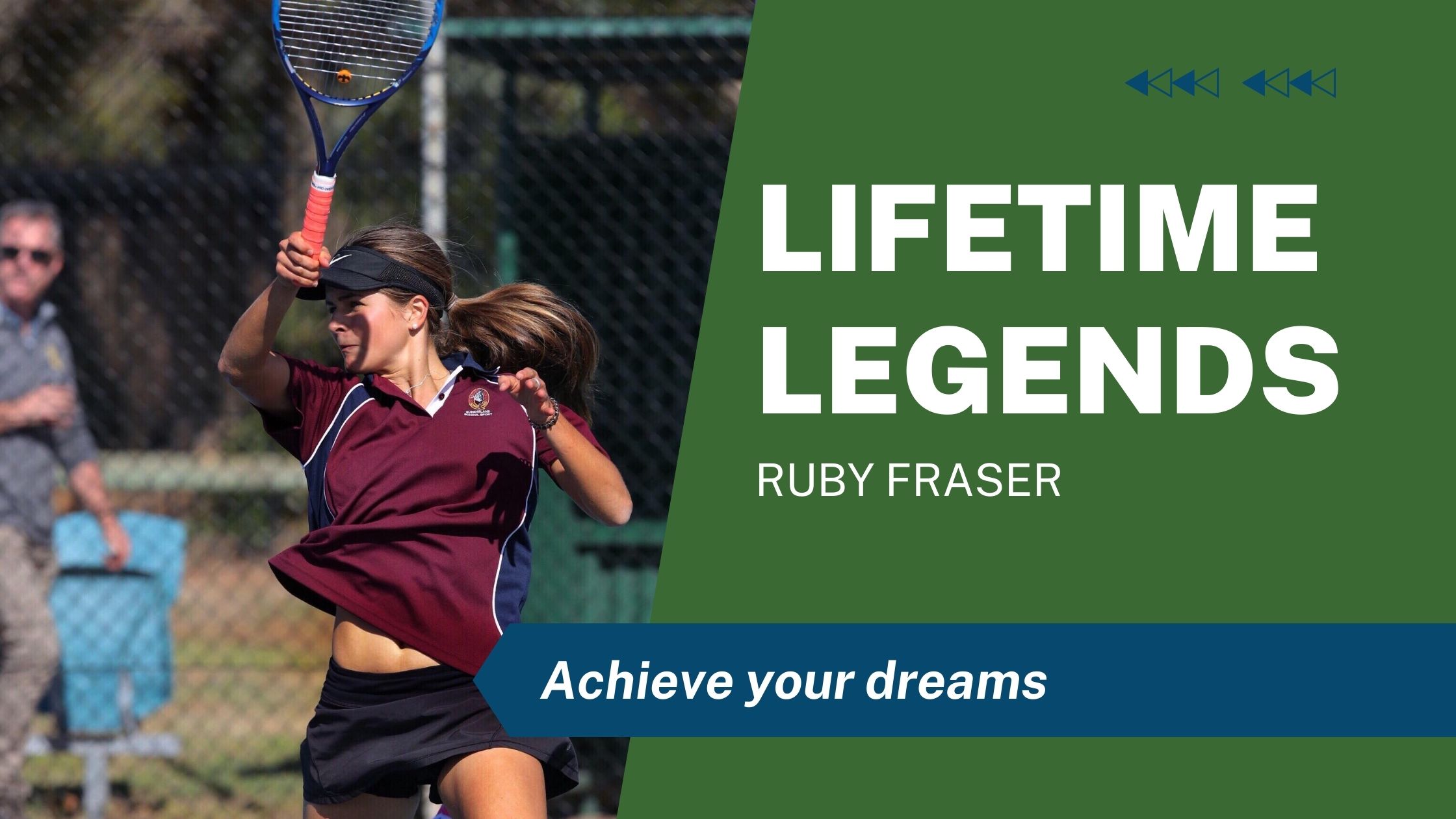What you should eat to help you perform on the tennis court!
Pre-Match/Training Nutrition
To perform at your best your body needs to have adequate carbohydrate fuel stores in the muscles and liver. Carbohydrate is stored in the muscles as glycogen to provide an important fuel source for sport. Carbohydrate is also stored as glycogen in smaller amounts in the liver. This glycogen reserve helps maintain blood glucose levels, and becomes very important during prolonged workouts or endurance sports. The normal overnight fast (during sleep) will lower liver glycogen stores, which in turn can reduce your endurance performance.
If you are training or competing each day, particularly if you do more than one session, it is crucial that you constantly replenish your muscle glycogen levels. The carbohydrates eaten in the last hours before sport can help to top up this important fuel. If you are training or competing a couple of times per week your carbohydrate requirements will be different to someone who trains daily.
Eating a carbohydrate rich meal or snack before sport gives you a much better chance of maintaining normal blood glucose levels and enhancing both physical and mental performance. Adequate hydration is also paramount. For this reason you should consume fluid throughout the days leading into competition, not just in the hours leading into a match.
As a guide the choice of meal, snack and fluids should be:
- Easy to digest
- Rich in carbohydrate
- Low in fat
- Foods and fluids that are familiar and enjoyable
- Including plenty of fluids
- Sports drinks are great pre-match as they ensure that you have carbohydrate for energy and also sufficient fluid and electrolytes for adequate hydration.
Ideal Pre-match/Training meals include:
- Breakfast cereal + reduced fat milk + fruit
- Porridge + reduced fat milk + fruit juice
- Toasted muffins or crumpets + honey/jam/syrup
- Toast with honey/jam/marmalade/Vegemite
- Baked beans on toast
- Low fat creamed rice + tinned fruit
- Pasta topped with tomato based sauce
- Jacket potato + creamed corn
- Cereal bar/muesli bar/sports bar + banana
- Roll or sandwich with banana & honey
- Fresh fruit salad + yoghurt or low fat dairy dessert
- Milk Smoothie + yoghurt + any fruit
- Soy smoothies with soy drink + blended fruit
Recommendations:
- Try to eat you pre-game meal about 2-4 hours prior to your match to allow sufficient time for your food to be digested and readily usable as fuel.
- Choose high carbohydrate, low fat foods that are familiar and well tolerated.
- Experiment in training with the timing and type of meals and snacks to suit your individual preferences.
- Practice different pre-exercise eating ideas in training, not during competition.
- Develop a good pre-exercise drinking strategy to start exercise well hydrated.
- Try a liquid or low fibre meal if pre-competition nerves or other factors cause stomach upset.
- Monitor the effects of food and drink choices on your performance.
Post-Match/Training Nutrition for Recovery
Traditionally, tennis players have considered carbohydrate only on the eve of the match. Players need to ensure that they consume suitable amounts of nutrient dense carbohydrates to help replenish glycogen stores and high quality protein sources to help repair muscle damage. Muscle damage and injury, caused for example by training or lifting weights, will increase both carbohydrate and protein requirements. Active recovery should begin as soon as each exercise session finishes (within 15-30 minutes). A recovery snack followed with the resumption of the moderate carbohydrate diet will aid the recovery process. Elite tennis players have highly developed nutrition recovery strategies focused around carbohydrate replenishment, protein for repair and regeneration of muscle tissue, fluid to reverse dehydration, and other nutrients to help reduce the impact of tennis matches and training on the body.
Recovery after a workout or competitive event encompasses a number of nutrition-related processes including the three R’s:
- Refuelling
- Repair and adaptation
- Rehydration
Examples of post-exercise snacks
Carbohydrate-focused:
- Sports drinks
- Fruit juice
- Banana sandwich
- Fresh fruit, canned fruit
- Muffins
- Breakfast bar, muesli bar
- Sports bar
Carbohydrate + protein focused:
- Fruit smoothie (milk, banana, yoghurt)
- Liquid meal supplement (e.g. Sustagen Sport)
- Breakfast cereal + milk and fruit
- Sandwich or roll including meat/cheese/chicken in filling
- Baked potato + baked beans + grated cheese
Examples of post match meals that have the ideal mix of protein and carbohydrates, while limiting fat intake.
- Chicken and vegetable risotto
- Pasta with chicken or lean meat and tomato sauce
- Add vegetables or salad
- Home-made pizza
- Beef and vegetable stir-fry with rice or noodles
Recommendations
- Aim to begin re-fuelling and rehydrating as soon as possible following the completion of exercise (within 15-30 minutes).
- After exercise, recovery will be sped up by choosing meals and snacks providing fluid, carbohydrate and protein. Sports drinks are beneficial here as they not only replace lost fluid and carbohydrates, but also start the process of replenishing your lost electrolytes.
- Players should aim to replace 1.5 times their weight lost during activity with fluids. Example: If you lose 1kg during exercise, then you must drink 1.5L of fluid during the hours following the completion of exercise.
Share this
You May Also Like
These Related Stories

Using Your Time More Efficiently

LifeTime Tennis Legends: Ruby Fraser

